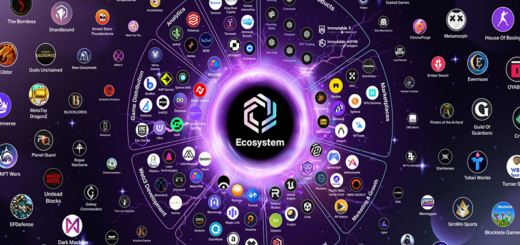Matt Davies Stockton Discusses Learning Google’s Carbon Programming Language
Introduction
According to Matt Davies Stockton, Google has released a new programming language and the company wants it to be the successor to C++. It’s a new open-source language that addresses development concepts like generics and memory safety and is similar to Microsoft’s Typescript which aims to be the successor to JavaScript. Let’s check out this new coding language.

The Discussion
1. Carbon premises –
Carbon has a very different approach to C++ both in terms of governance and the overall architecture. First of all, it boasts modern generics systems with simpler syntax and modular code organization. It doesn’t want to incrementally evolve C++ but succeed it. That’s why it doesn’t support backward compatibility with C++. However, code in Carbon is migratable and interoperable with C++.
The simplified syntax of this language especially stands out and is very intuitive. For instance, introducer keywords are short. For variable declarations, it uses “var” and for functions, it uses “fn”. On the other hand, function input parameters remain read-only values while pointers provide mutation and indirect access.
2. Language explorer –
If you want to try out Carbon right now, you can do so with the Carbon Explorer. It is a demo interpreter that can run isolated examples and allows you to test your codes. Moreover, it is also capable of giving a detailed analysis of the abstract machine of Carbon and semantic models provided by you.
3. Governance –
C++ goes through a bureaucratic committee that prefers standardization over design. Moreover, access to the committee is expensive with a small club of companies and nations representing it. That’s why evolving this language is so difficult. It takes years to come to decisions and most times there’s no definitive conclusion.
Carbon aims to change that. It aims to be more welcoming and inclusive with a friendly and approachable community. While Google has a lion’s share in funding Carbon, the language aims to reduce contributions from single entities to less than 50 percent. There’s also hope that the ownership of the project would later be transferred to a nonprofit software foundation powered by volunteer developers.
4. Crowd reaction –
Since its release, Carbon has enjoyed an optimistic outlook from developers. Developers especially like the interoperability with C++. However, developers coming from JavaScript may have a confusing transition since immutable declarations are preponed by “let”. However, the same feature makes the transition smoother for Swift developers.
On the other hand, there are some who are skeptical about Carbon replacing C++. They argue that it’s a language that is optimized to excel in certain niches and would struggle with widespread adoption.
Conclusion
Matt Davies Stockton believes that the new coding language is very new and it’s too early to judge it in any way. However, developers are always excited to see the birth of something new from scratch. You may take interest in the programming language now and it may pay dividends in the future if Carbon is able to spread its footprint far and wide.



